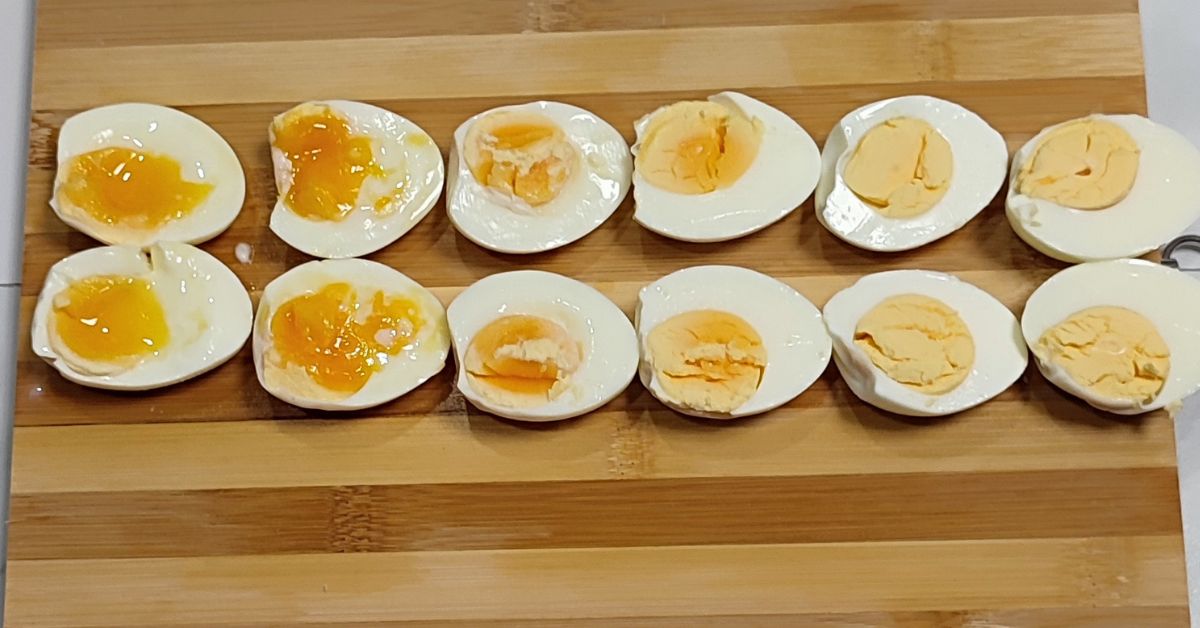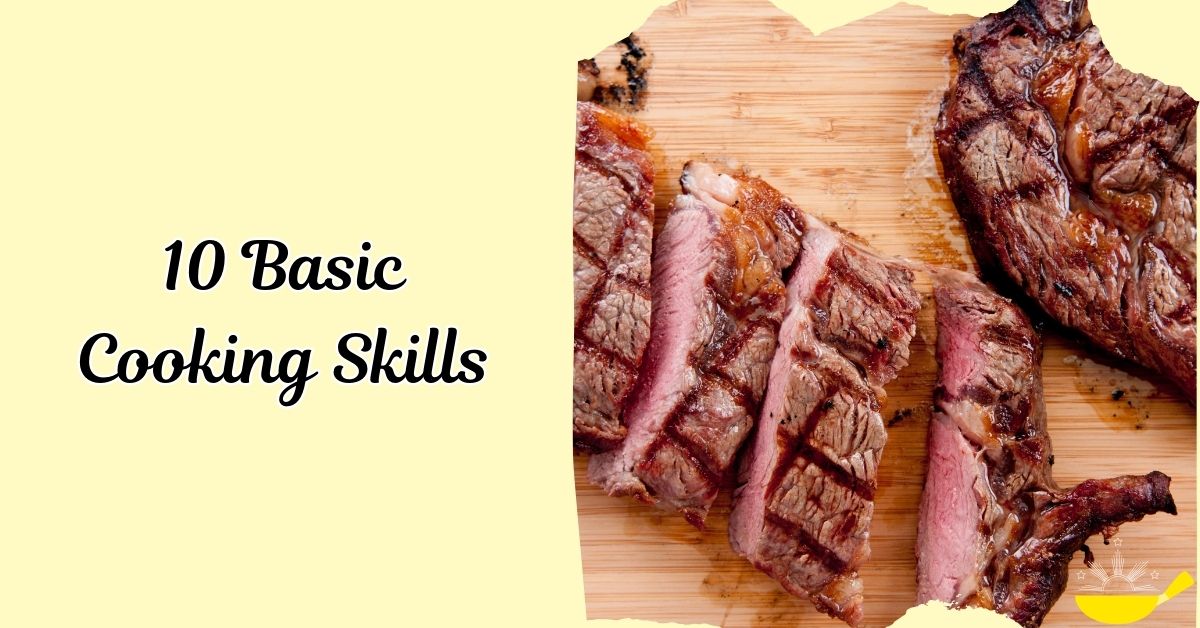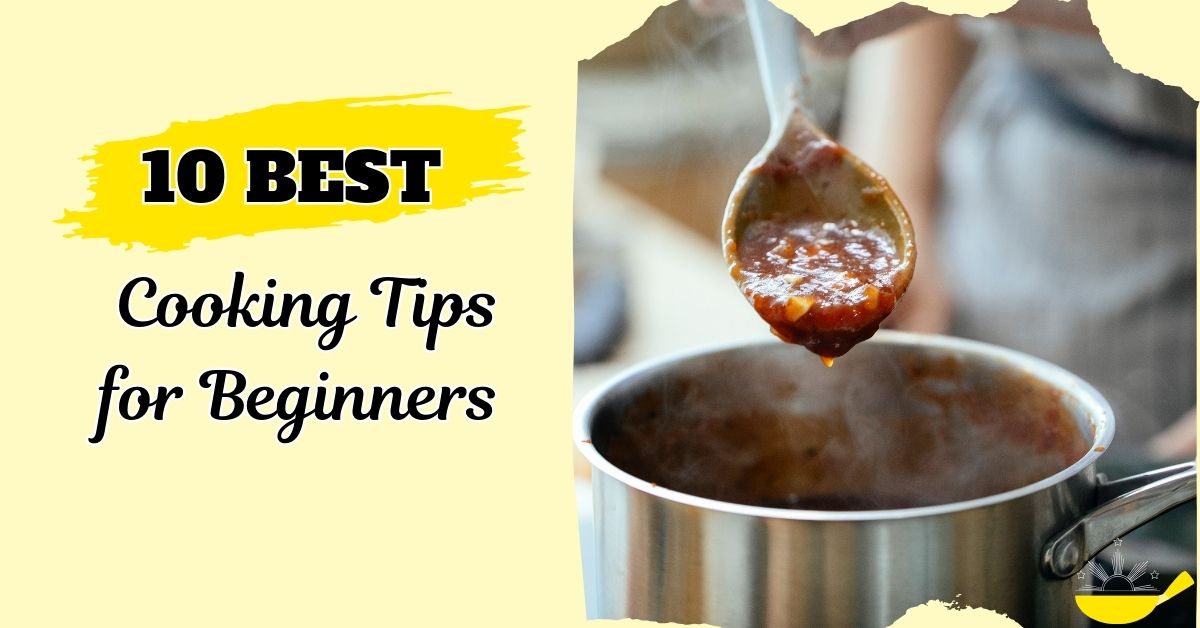
When we’re cooking up a storm in the kitchen, it’s easy to get lost in the flavors and forget about safety. But hey, safety should always come first, right?
Remember, we’re cooking not just to satisfy our taste buds but also to keep our tummies happy and our loved ones healthy.
We should always pay attention to what we’re doing in the kitchen, especially when little ones are running around.
Dos and Don'ts in the Kitchen
Dos
Keep Your Hands Clean
Always wash your hands with soap and water before handling food. Clean hands help prevent the spread of germs and keep our meals safe to eat.
Maintain a Tidy Kitchen Space
A clutter-free kitchen not only makes cooking easier but also reduces the risk of accidents. Keep countertops clear and put away any tools or ingredients when you’re done using them.
Use Separate Cutting Boards
Use one cutting board for raw meats and another for fruits and vegetables to prevent cross-contamination. This simple step helps keep harmful bacteria from spreading onto our fresh produce.
Watch the Stove Carefully
When cooking on the stove, stay nearby and keep an eye on your pots and pans. Unattended cooking can lead to spills, burns, or even fires. Being vigilant ensures that our dishes cook evenly and safely.
Use Oven Mitts for Hot Items
Protect your hands from burns by using oven mitts or pot holders when handling hot pots, pans, or baking trays. Safety mitts are like shields for our hands, keeping them safe from the heat.
Don'ts
Leave Food Out for Too Long
Leaving perishable food out at room temperature for too long can promote bacterial growth and food spoilage. Refrigerate leftovers promptly to keep them fresh and safe to eat.
Taste Raw Batter with Eggs
Raw batter or dough containing eggs can harbor harmful bacteria like Salmonella. Avoid the temptation to taste it before it’s fully cooked to prevent foodborne illness.
Overcrowd the Pan
Overcrowding a pan can lead to uneven cooking and soggy results. Give your ingredients some space to breathe and cook properly for the best texture and flavor.
Add Water to a Grease Fire
In the event of a grease fire, never attempt to extinguish it with water. Water can cause the fire to flare up and spread, making the situation more dangerous. Instead, smother the flames by covering the pan with a lid or using a fire extinguisher rated for grease fires.
Forget to Turn Off the Stove
After finishing cooking, always remember to turn off the stove burners. Leaving them on can pose a fire hazard and waste energy. Double-check that all burners are off before leaving the kitchen to ensure safety.
Frequently Asked Questions
It’s best to clean kitchen countertops regularly, ideally before and after food preparation, to prevent the buildup of germs and ensure a hygienic cooking environment.
In case of a small kitchen fire, immediately turn off the heat source, cover the flames with a lid or baking sheet, and use a fire extinguisher if necessary. Never attempt to smother the fire with a cloth or towel, as it can spread the flames.
It’s recommended to replace kitchen sponges every one to two weeks and kitchen towels every few days to prevent the buildup of bacteria and maintain cleanliness in the kitchen.






